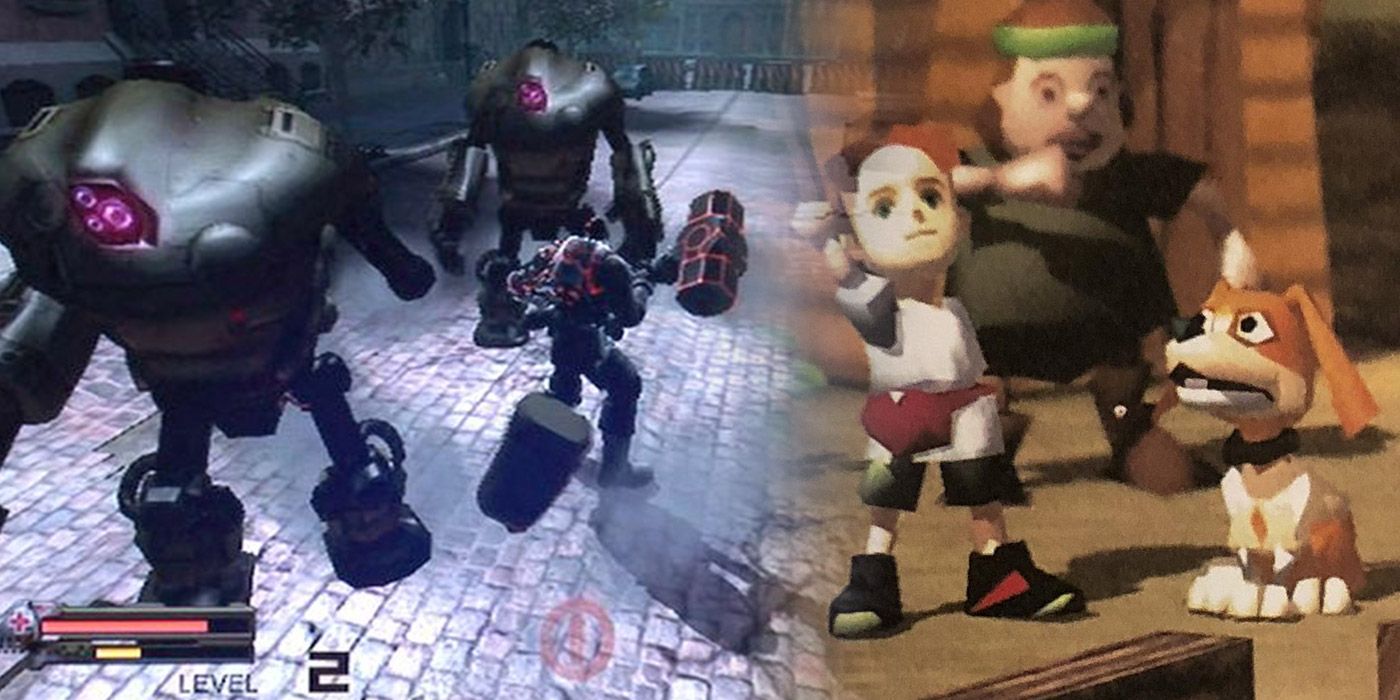
Nintendo has been developing video games for decades, well before it even had its own home console in the NES. While it seems that the vast majority of Nintendo's projects that have been revealed publicly have completed development and released to the masses, it's not surprising that there are a great deal of Nintendo games that didn't quite make it across the finish line, for whatever reason.
Sometimes these canceled Nintendo games were reimagined into a different project and in some rare instances, they have been finished and released years after their cancellation, as was the case with the Super Nintendo's Star Fox 2. However, there are many other Nintendo games that have been canceled and stayed that way, never able to see the light of day in any capacity.
RELATED: The Case for Bringing The Legend of Zelda: Twilight Princess to Switch
Here are some of the most notable Nintendo games that have been canceled over the years.
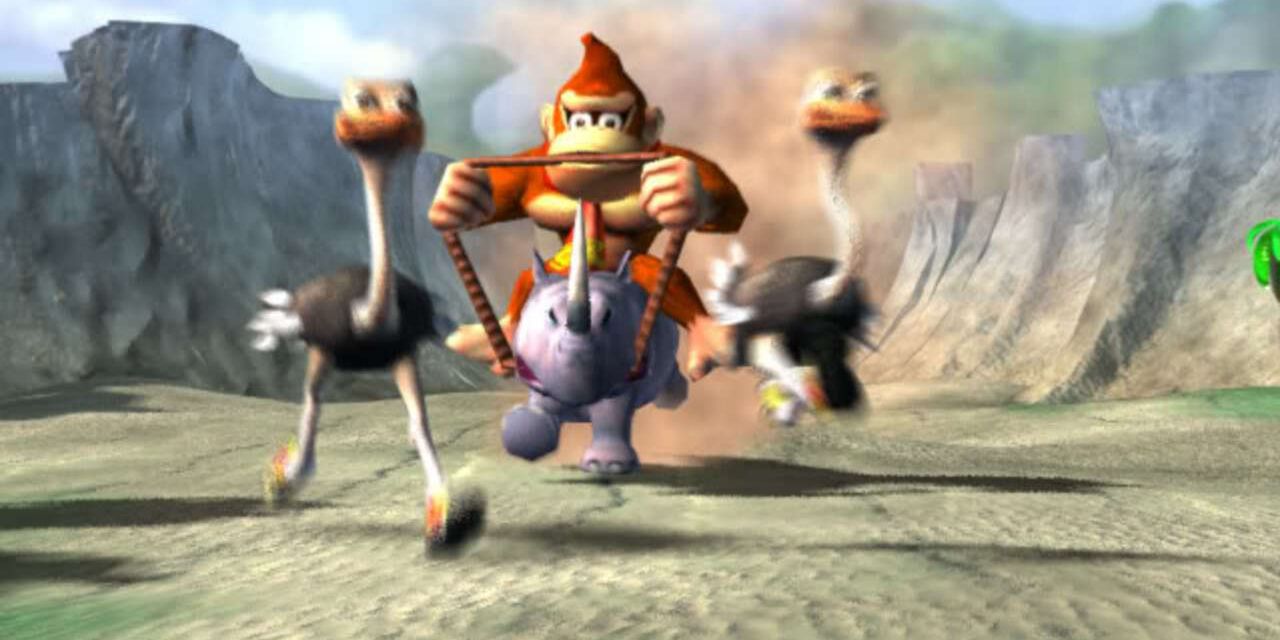
With Diddy Kong Racing being a big success on the Nintendo 64, it makes sense that Nintendo would want to move forward with a sequel. Rare was reportedly working on Donkey Kong Racing as a game for the Nintendo GameCube, with it meant to be a direct follow-up to Diddy Kong Racing. However, early in the GameCube's lifespan, Rare was acquired by Microsoft, and so all of its projects involving Nintendo characters were put on ice, including Donkey Kong Racing.
Rare did end up releasing a couple of follow-ups to Diddy Kong Racing after the Microsoft acquisition, though. The first was Banjo-Pilot, which started its life as Diddy Kong Pilot - a racing game focused on airplanes. A couple of years after that, Rare was able to produce Diddy Kong Racing DS, which as its name implies, was a Nintendo DS port of the Nintendo 64 Diddy Kong Racing game.
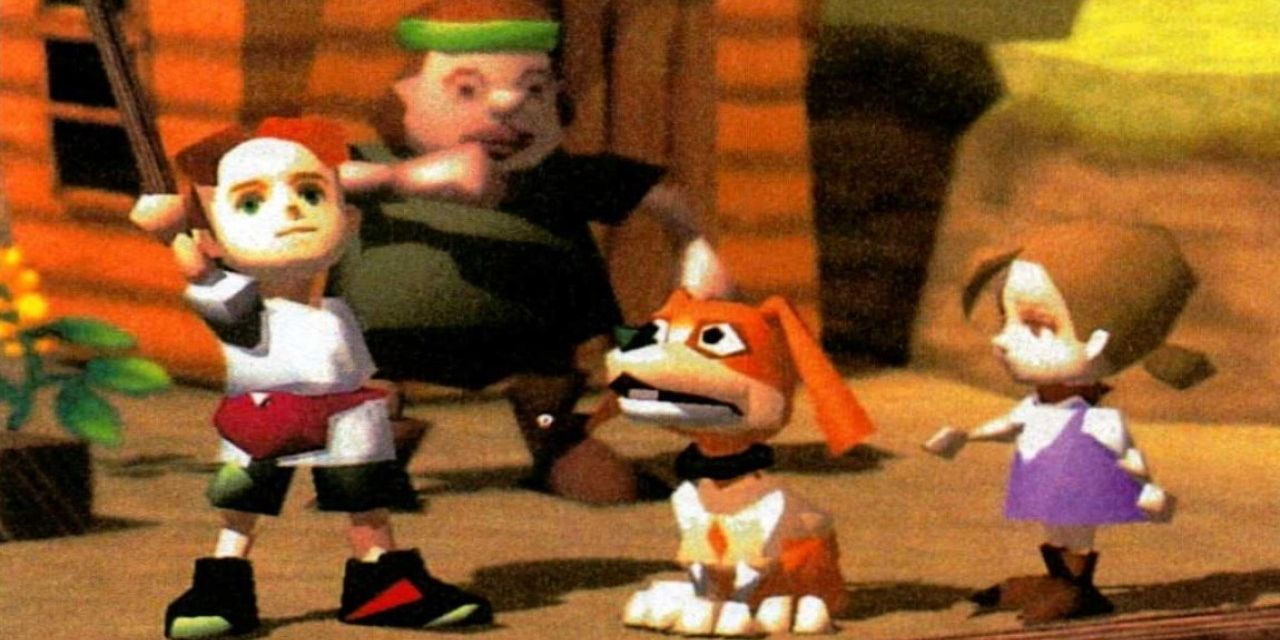
This one is a bit tricky as EarthBound 64, aka Mother 3, did end up releasing for the Game Boy Advance. However, the differences between the GBA and Nintendo 64 iterations of the game are vast enough that they were basically completely different projects. In any case, the Nintendo 64 version of the game, known as EarthBound 64 in North America, was shown off in 1999, to never be seen again in any major capacity. The game would've translated the EarthBound gameplay to a 3D environment and would have reportedly worked with the 64DD. Its cancellation effectively marked the end of new EarthBound releases outside of Japan, as Mother 3 was never officially localized.
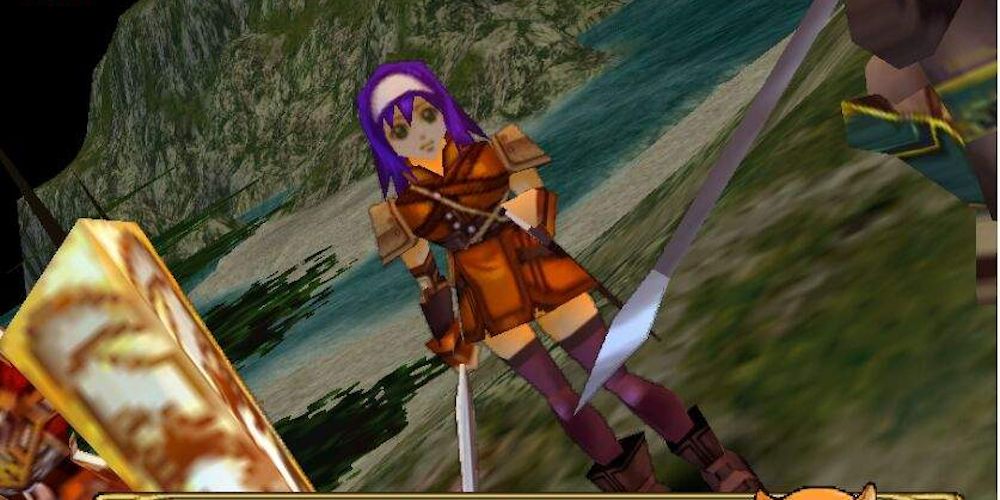
There have been a few Fire Emblem projects canceled by Nintendo over the years, especially in the days before it was a major franchise for the company. While the Fire Emblem series is easily one of Nintendo's biggest franchises nowadays, there once was a time when the series was considered quite niche, with the games never being localized for Western audiences. It was around this time that Fire Emblem 64 was in the works, and like EarthBound 64, it intended on using the 64DD peripheral.
Due to a lack of interest in the 64DD, Fire Emblem 64 was canceled. The Game Boy Advance game Fire Emblem: The Binding Blade, which has never been released outside of Japan, apparently used some ideas from Fire Emblem 64, but it certainly wouldn't be an accurate representation of what the developers intended with the Nintendo 64 version of the game.
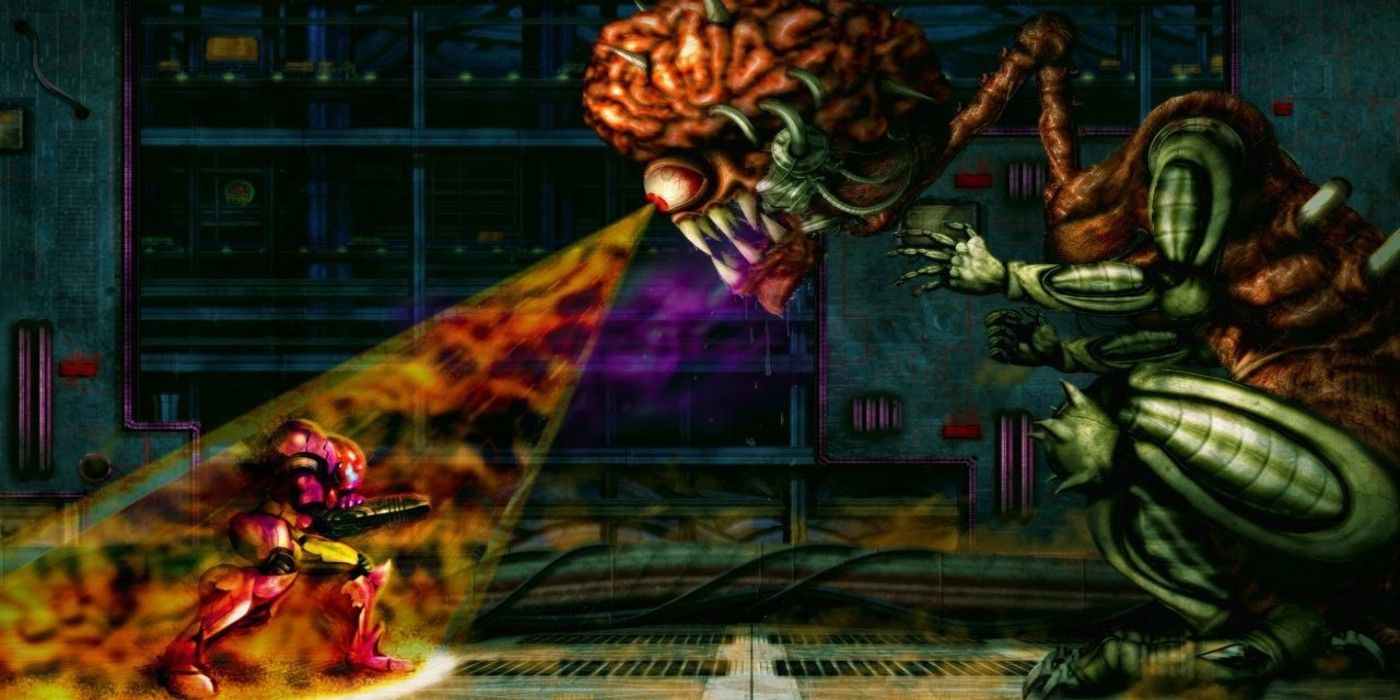
While Metroid fans have been enthusiastic about the first-person Metroid Prime series, many still prefer the 2D entries in the series. The last completely original 2D Metroid game was Metroid Fusion in 2002, as Zero Mission was a remake of the original Metroid game and Metroid: Samus Returns was a remake of Metroid 2: Return of Samus. However, there once was a 2D Metroid game in the works for the Nintendo DS called Metroid Dread, only for it to be canceled well before it could launch.
Various reports over the years have suggested that Metroid Dread found itself in development hell due to the Nintendo DS not being able to deliver a game that lived up to the ambition of the development team. Others have said that Metroid Dread was simply announced too early. Others still have said that Metroid Dread actually finished its development completely and Nintendo could release it whenever it wanted to do so. While Nintendo has acknowledged Metroid Dread's existence, nothing else is known about the project in an official capacity, so it's hard to determine what's truthful and what is make-believe.
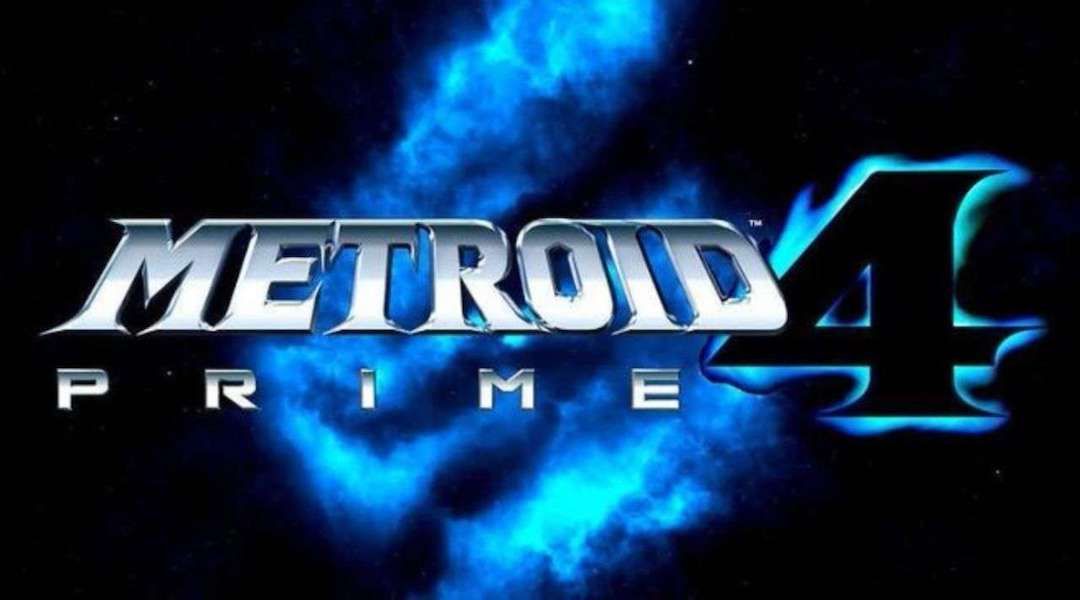
It seems Nintendo has a habit of revealing Metroid video game projects prematurely. The same thing happened with the original version of Metroid Prime 4, which was in development at Bandai Namco. Nintendo didn't show anything about Bandai Namco's Metroid Prime 4 beyond a logo and confirming that the game was in development for the Nintendo Switch. Due to difficulties behind the scenes, Nintendo made the tough decision to cancel Bandai Namco's version of Metroid Prime 4 and reboot development with Retro Studios, the team that originated the Metroid Prime series in the first place.
RELATED: Metroid Prime Trilogy on Switch Would Take 'Herculean Effort' Says Former Retro Dev
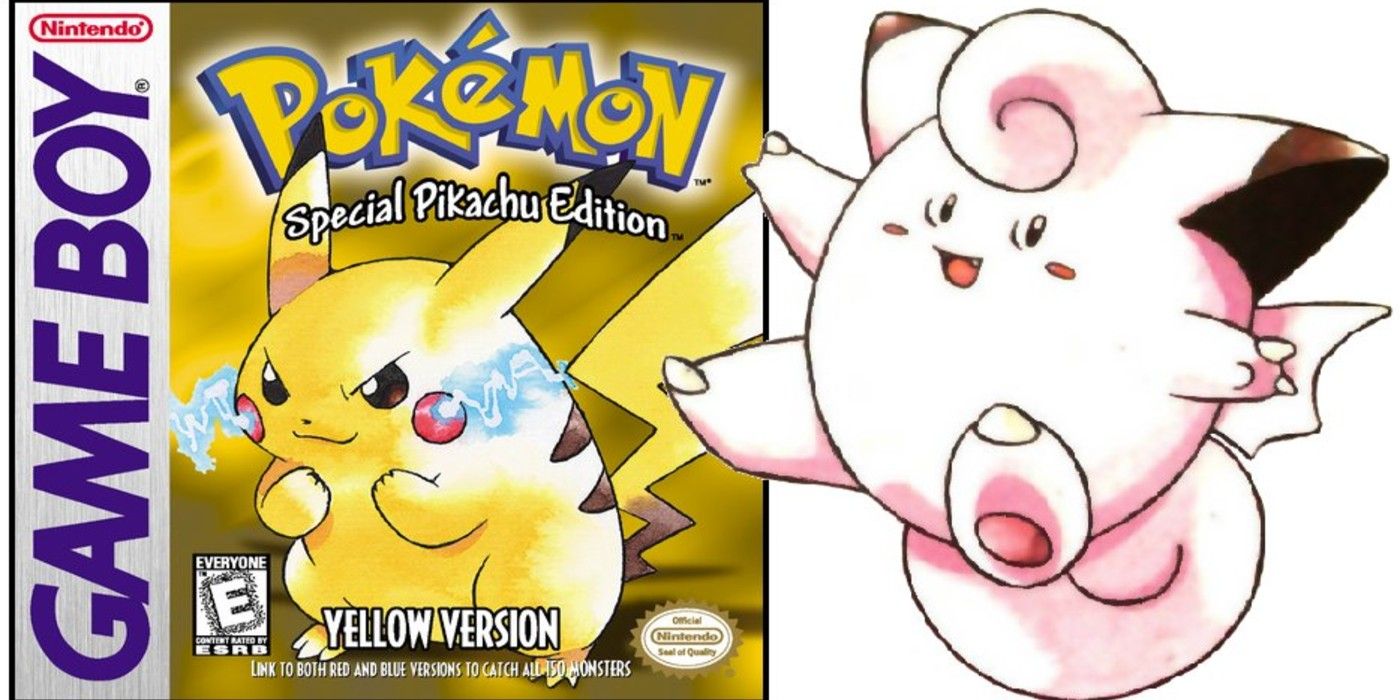
Pokemon Pink was never officially announced by Nintendo, and its existence wasn't revealed until a couple of decades after its likely-planned release. After a data breach at Nintendo, dataminers were able to determine that there was likely a Pokemon Pink game in development at some point, perhaps as a companion game to Pokemon Yellow. The assumption is that this Pokemon Pink game would've featured Clefairy as its mascot Pokemon, which would have been interesting since Pokemon Yellow starred Pikachu and Clefairy was originally intended to be the face of the franchise. Another theory is that Pokemon Pink would've starred Jigglypuff instead, as Jigglypuff was regularly featured in the Pokemon anime series and Pokemon Yellow was closely tied to the anime. Whatever the case may be, Pokemon Pink was never officially announced and it has never been formally recognized by anyone at Nintendo or Game Freak, so all fans can do is speculate about what it would have entailed.
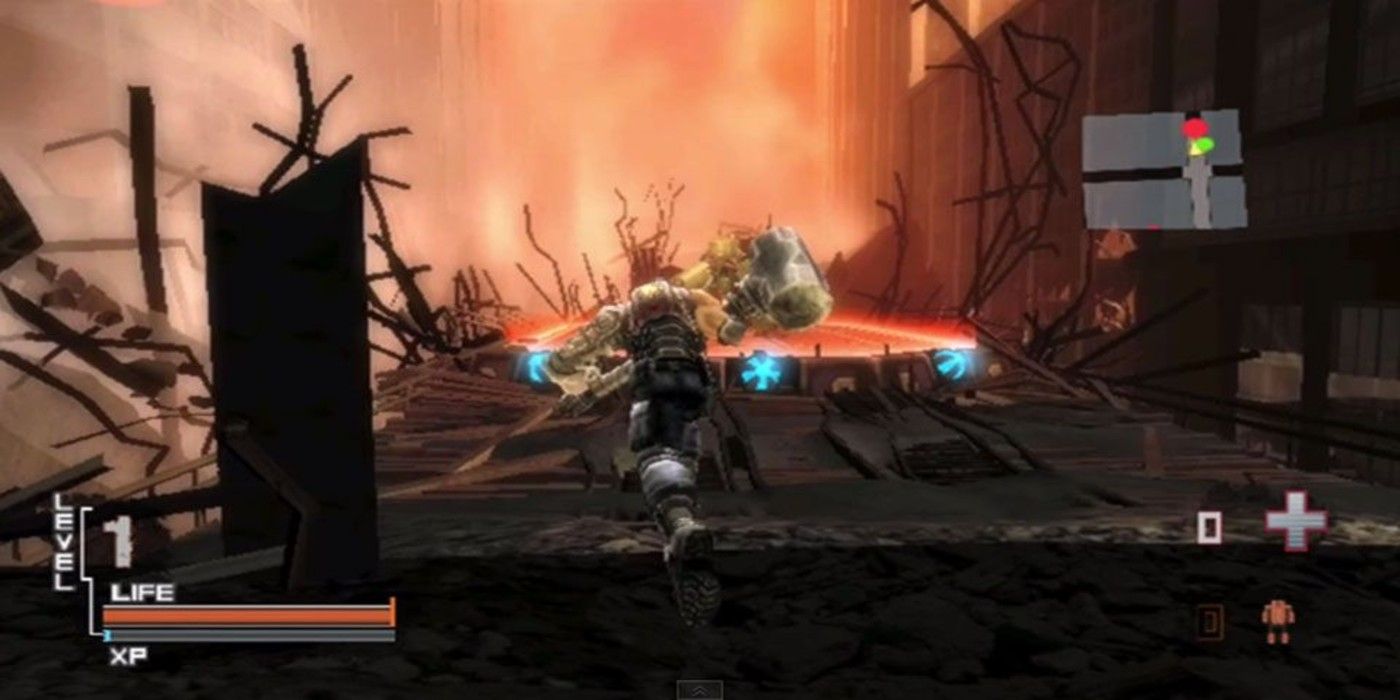
Project H.A.M.M.E.R. was meant to be a Wii exclusive game aimed at core gamers, as opposed to the many Wii games that were instead intended for a more casual crowd. Project H.A.M.M.E.R. would've been a major departure for Nintendo, as it would've been a darker, grittier game than most of the company's projects. It seemed as though the development team couldn't decide what exactly the game should be, and that identity crisis combined with an inability to make the game's motion controls engaging for the player ultimately led to its cancellation in 2009, six years after it originally began development.
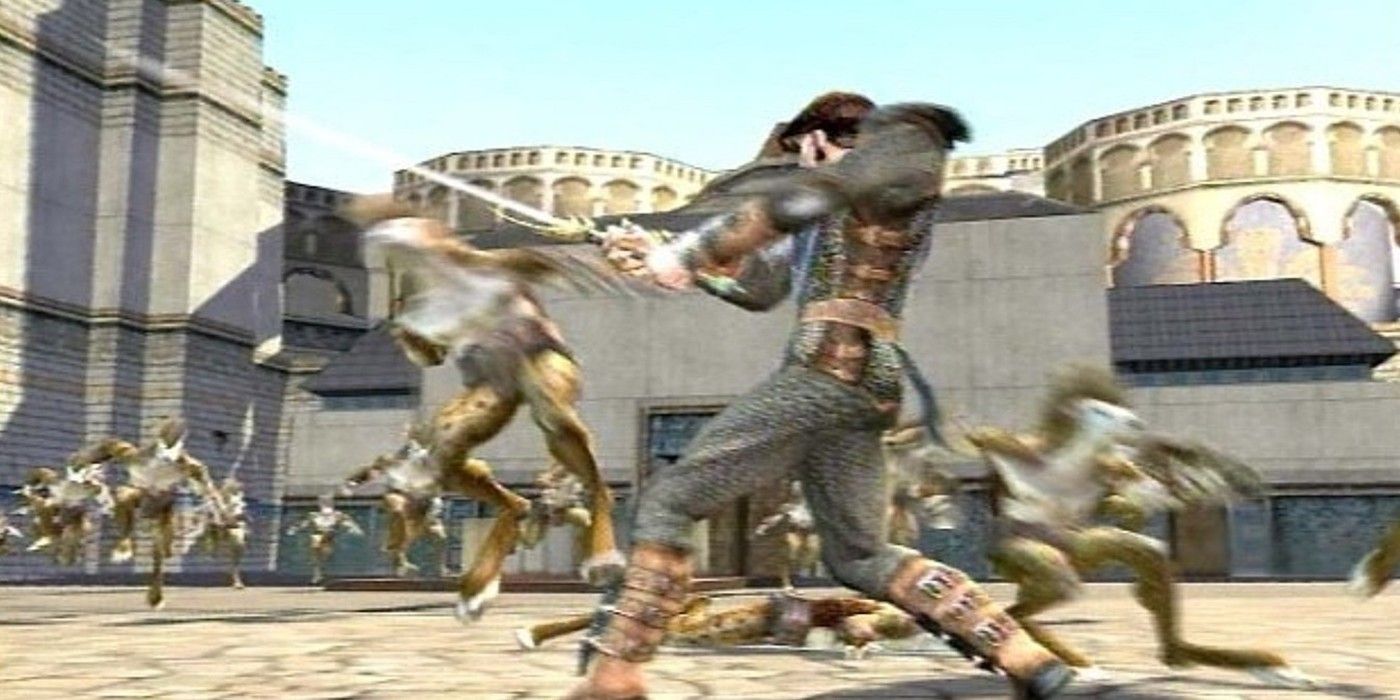
Retro Studios was working on a number of projects for Nintendo prior to being given the reigns of Metroid Prime. Unfortunately, all of these games in development at Retro Studios were canceled, including Raven Blade. Raven Blade was meant to be an action-RPG with a medieval setting, but development on the game was taking too long for Nintendo's liking. This eventually led to Raven Blade being canceled so that Retro Studios could focus exclusively on developing Metroid Prime.
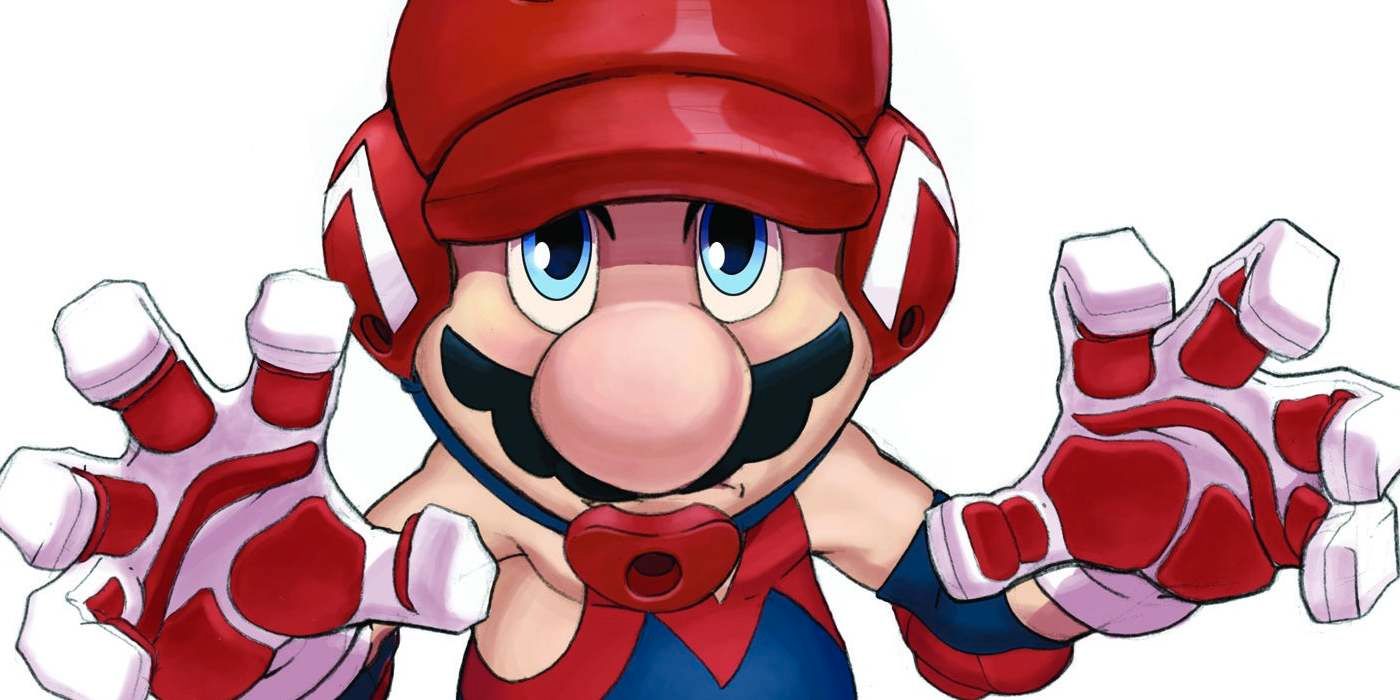
Next Level Games was acquired by Nintendo earlier this year after it had developed a number of high-quality games exclusively for Nintendo systems. This included some Mario sports games like Super Mario Strikers, which earned strong reviews at the time of its release. Following its success with Mario sports games, Next Level Games set out to make Super Mario Spikers, a title that would have combined volleyball and wrestling. Apparently Nintendo found the concept to be too violent, and so Super Mario Spikers was never finished. Nowadays, Next Level Games makes the Luigi's Mansion titles, but it would definitely be interesting to see the studio return to this concept.
MORE: 1080 Snowboarding Creator Would Love To Bring Series To Switch

